 www.bbc.co.uk
www.bbc.co.uk For instance, the Nanjing Massacre: A six-week period of bloodshed, after the Japanese captured of the city in December 1937. The International Military Tribunal for the Far East set up after WWII, estimated more than 200,000 people were killed, including many women and children. Dispute over the scale of the atrocity remains a sticking point in Chinese/Japanese relations. Some Japanese question whether a massacre even took place.
She said that students have no time to dwell on a few pages of war violence even if they read them in their textbooks. Now, Japan's Asian neighbors—especially China and South Korea—accuse the country of glossing over its war atrocities.
Japan's new Prime Minister Shinzo Abe has criticized China's school curriculum for being too "anti-Japanese". He wants to change how history is taught, and is considering revising Japan's 1993 apology over the comfort women (prostitutes or slaves) issue. If and when that happens, Japan's Asian neighbors might raise a huge stir. And yet, many Japanese have no clue why. It seems to me that war, brings about more war, which continues on and on and on.
Yet times of tumult make the best stories. Consider the great emotions stirred during the American Revolution and WW2 in films like Gone With The Wind and Casablanca.
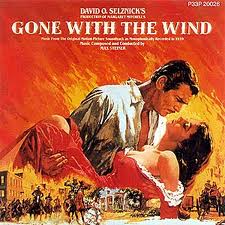
Gone With The Wind lasted over 4 hours. I don't remember most of it. Perhaps I'd previously seen a version where whole sections were cut. What a great story of human love and selfishness, emotional hardness and sacrifice. Every human sentiment the characters displayed tore at my heart. And all that killing. I don't know if the end justified the great cause of ending slavery. Hope I got my facts right and that's what the civil war was trying to achieve.
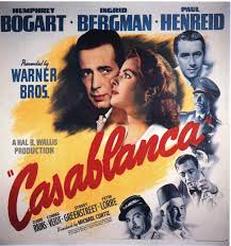
War. Everyone needs to learn the correct facts, which could be hard long after the events occurred. Perhaps knowledge will prevent further aggression, suffering and hardship. I doubt it, though.




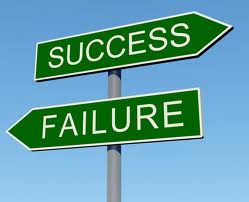





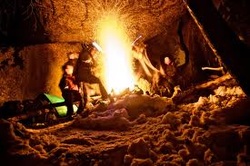
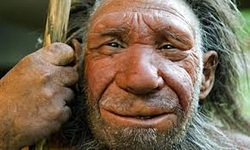


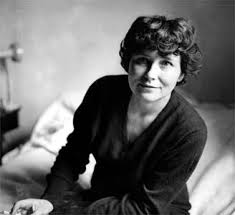
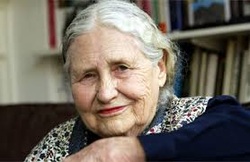



 RSS Feed
RSS Feed






